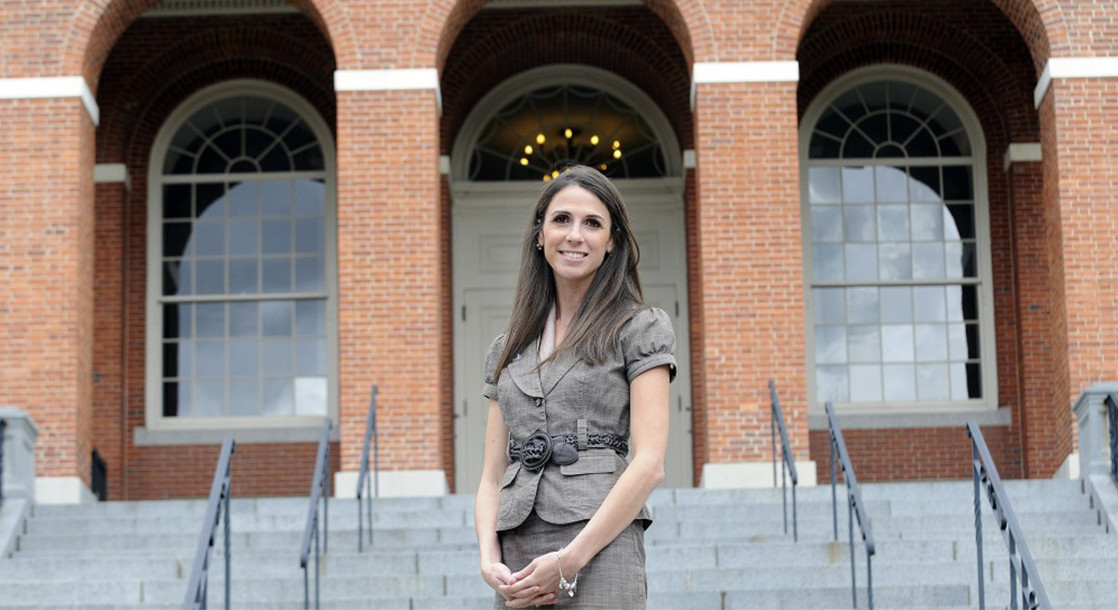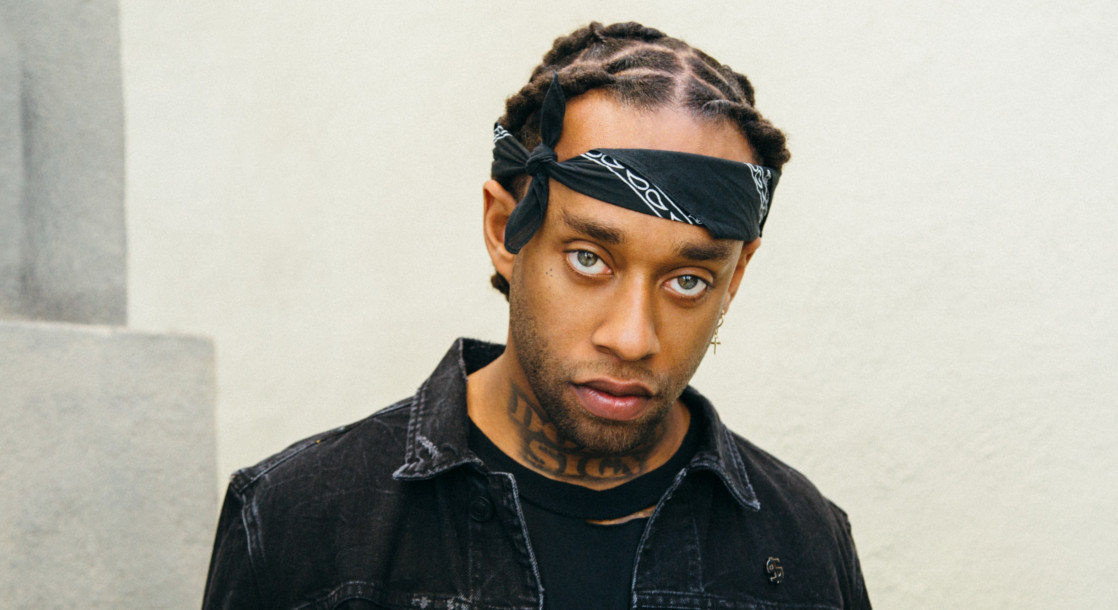Back in November, the state of Massachusetts voted to legalize recreational cannabis, sparking celebrations from tokers across the northeastern region. However, lawmakers have struggled to construct these regulations, leading to a hot mess of legislative changes, missed deadlines, and potential delays for the Bay State’s recreational market.
Last month, it seemed as if state policymakers had finally agreed on a compromise bill, sending the rewrite to the desk of Governor Charlie Baker. But, despite the state’s attempt to restructure the voter-approved legislation to meet the concerns of lawmakers, the newly proposed recreational cannabis rewrite is still meeting opposition. Massachusetts Rep. Diana DiZolgio is urging the governor to veto the impending bill because she feels that it doesn’t allocate enough tax revenue towards substance abuse issues.
While her concerns certainly seem valid, DiZolgio’s objections come at a critical time for policymakers and the regulatory structure for cannabis laws. As retail pot shops are poised to open in July of 2018, the state is facing a quickly closing legislative window to come to an agreement.
The compromise bill was drafted behind closed doors by a small group of lawmakers, and according to the Democratic representative, does not adequately address the substance abuse fund that was included in the original legislation. An earlier version of the measure included an annual $50 million substance abuse fund, $5 million of which was to be set aside for local education officials.
"While we have a responsibility to honor the will of the voters in legalizing marijuana, we must also make certain that we are providing for the potential unintended consequences of legalization, especially as it pertains to youth in the Commonwealth," DiZolgio stated in her letter to Gov. Baker.
Without a specific allocation of tax revenue reserved for these anti-addiction programs, the state representative fears that they won’t receive enough funding. DiZolgio also added that she finds it “unacceptable” that money generated from marijuana sales aren’t guaranteed to go towards fighting substance abuse, especially when the state is in the midst of a severe opioid epidemic.
Still, it’s important to note that not everyone shares DiZolgio’s frustration with the compromise bill. In fact, some of those who originally opposed legalization, such as the Massachusetts Medical Society, are now getting behind the rewrite. The organization believes that the newly drafted bill is a significant improvement from a public health perspective, particularly in regard to stricter packaging regulations and funding towards public and behavioral health, prevention, treatment, and intervention.
All in all, the Democratic lawmaker’s plea to Governor Baker is a simple one, but in reality, the battle to agree upon recreational cannabis legislation has left the state with little time for extra tweaks tweaking, and could potentially threaten to push back the planned start date next year.











